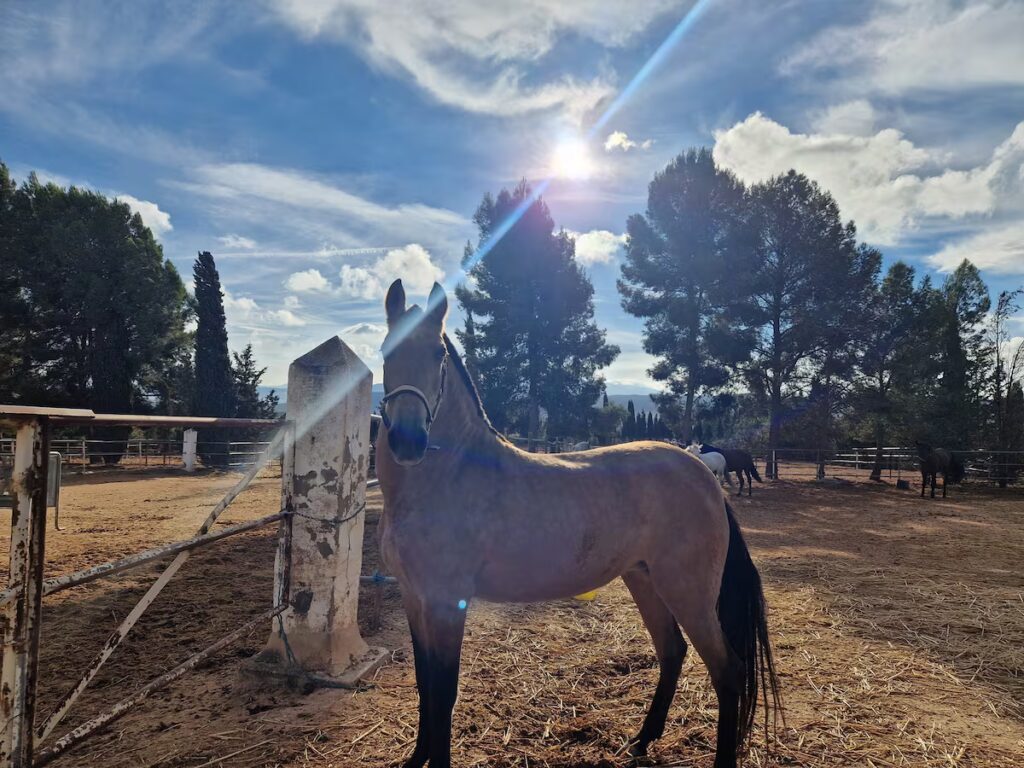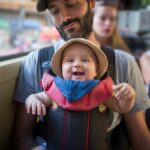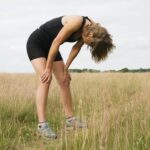Guitarra, a 26-year-old horse, has been a beloved fixture in Málaga since 2007, transporting thousands of tourists through the picturesque Andalusian city. As one of the 25 licensed horse-drawn carriage operators, Guitarra's future became uncertain following the Málaga city government's recent announcement to revoke these permits. This decision raised concerns about his fate, as some horses were set to be relocated while others faced dire outcomes, such as being sent to slaughterhouses.
Table of Contents
ToggleRescue Efforts for Guitarra and Companions
Fortunately, a coalition of three animal welfare associations, along with significant public support, has enabled the rescue of 16 horses, including Guitarra and his fellow companions: Beyoncé, Piropo, Eduardo, Apache, Tana, and Jaleo. They are currently under the care of A Better Life 4 Horses, an organization located just outside Cartaojal, in Antequera, and led by Danish-born Signe Fröslee. Fröslee noted, “Some horses are enjoying retirement here, while others are undergoing rehabilitation due to trauma.”
City Council's Decision
On October 6, city officials in Málaga announced the cancellation of the existing horse-drawn carriage licenses, which were originally set to expire in 2035. Mayor Francisco de la Torre, representing the conservative Popular Party (PP), stated, “This decision prioritizes animal welfare and enhances the city's image.” Each carriage owner received approximately €125,000 ($145,000) as compensation for the early termination of their licenses, a move that garnered public applause, including from the Animalist Party Against Mistreatment of Animals (Pacma).
Addressing the Fate of the Horses
As the decision unfolded, Fröslee quickly sought to understand what would happen to the horses. She contacted Málaga's City Council and connected with Antonio Domínguez, head of the carriage drivers. Initially hesitant, Domínguez became open to the idea once Fröslee reassured him that their intent was to purchase horses confidentially. Utilizing her own funds and contributions from supporters, Fröslee secured four horses, with their rescue shared widely on social media.
In parallel, the Mijas-based association Burrito y Caballo Libre mobilized after learning that some horses were still being sold for continued work in Seville. Association president Anne Blitz began campaigning on social media platforms like TikTok, Facebook, and Instagram to raise awareness and funds, eventually gathering enough support to purchase an additional 12 horses for around €18,000 ($20,000).
Veterinary Care and Rehabilitation
All rescued horses were transferred to the facilities in Antequera, where they underwent veterinary examinations upon arrival. While most appeared healthy at first glance, deeper evaluations revealed several health issues. Many horses had never seen a dentist, and some suffered from untreated injuries, arthritis, and joint issues. Guitarra, for instance, had endured considerable pain, never lying down during his years of service.
Despite some horses arriving in better condition, the transfer process proved challenging as not all owners were cooperative, complicating the rescue efforts. Fröslee and her team worked diligently to ensure the horses received necessary treatment and began the process of rehabilitation for those displaying trauma and aggression towards humans.
Future for the Rescued Horses
With dedicated care from the association and volunteers, the rescued horses now have different paths ahead of them. The older horses will enjoy their retirement at the facility, while younger, calmer horses will be integrated into programs that support children in vulnerable situations, offering them opportunities to ride for free. This initiative not only provides the horses with a second chance but also gives children invaluable interactions with these majestic animals.










